
Born into a poor family in Lao Cai, Hoang Thi Thu Dan's childhood was associated with evenings reading the monthly magazines Thieu nien Tien phong and Nhi dong that her father saved up money to buy. In her memory, her father was not only the first teacher who taught her to love books, but also the one who instilled the belief that knowledge can change life.
It was that love, along with a deep understanding of the hardships of the highlanders, that urged her to choose the path of becoming a teacher, sowing melodies for the children of the mountainous region.
“I think the children here need me and I also dream of bringing letters and joy to them, helping them see the world ,” she said.
In 2006, after graduating, she took on a teaching assignment at Nan San Secondary School, Si Ma Cai District. On her first day in class, she saw ethnic minority students who could not yet speak Mandarin fluently, many of whom could not sing clearly and had slurred pronunciation.
She was both worried and emotional, worried that she would not be able to convey everything she wanted to say, but also moved by the innocence and sincerity of the students. Then the first melodies sounded, making the whole class excited. Music had become a bridge that helped her get closer to her students.
She still remembers clearly the first November 20th in Nan San, very early the students in her homeroom class had prepared gifts for their teacher, some gave her a chicken, some picked a bunch of wild flowers. The gifts were simple, rustic but sincere.
Three years later, she transferred to Coc Lau Primary Boarding School. As both a Music teacher and Team Leader, Ms. Dan always wondered how to arouse interest in learning in conditions of many shortages, simple facilities, and many children did not have the opportunity to fully access modern learning resources.
For Ms. Dan, that difficulty is not an obstacle but a motivation to be more creative in teaching. She thinks of many ways to make each music lesson lively and close. She edits classical music herself, lets students practice the movements and then arranges the music.
Many students in the highlands are shy, quiet, and reluctant to express themselves in front of the class. Understanding that, Ms. Dan is always the one who takes the initiative to create an open atmosphere in the class. She often encourages and demonstrates for the students to see, then encourages them to follow suit.
“I think everyone has the need to express themselves, and what teachers need to do is create the right environment for students to do that,” she shared.
Without any musical instruments, she guided her students to make their own clappers and maracas from cans, dried seeds or bamboo. This method was not only economical but also helped her students understand and love her lessons more. When the sound of the homemade musical instruments echoed with the clear singing of the students in the highlands, she felt that all her efforts were rewarded.
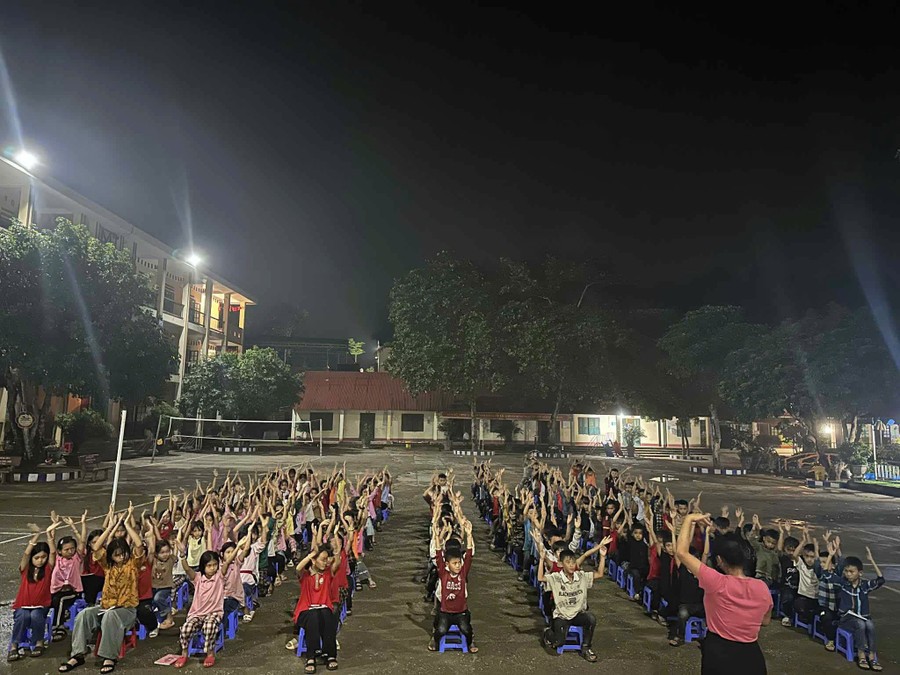
Take music as a bridge, take students as the center
Throughout her years of work, Ms. Hoang Thi Thu Dan has always made constant efforts to improve herself and improve the quality of teaching. For her, a teacher not only needs solid professional knowledge but also needs to be sensitive enough to understand her students and find ways to inspire them. Therefore, she is always proactive in innovating teaching methods, choosing gentle and close communication methods so that each music hour is both a singing and vocal practice hour and an opportunity for students to express themselves, learn how to cooperate and share.
Understanding that students in the highlands need not only knowledge but also solid life skills to step into life, Ms. Dan devotes much effort to integrating life skills education into each lesson. She regularly attends training classes, learns new educational methods and then brings them back to apply to her students. Each lesson, each story she tells aims to help students become more confident and bold in communication, know how to love and share with people around them.
Not only does Ms. Dan devote herself to extracurricular activities and the Team movement, she also devotes herself to summer activities and opens skill camps for children with the commune’s youth union. These activities not only bring joy, but also help students practice solidarity, collective awareness and practical life skills.
In particular, the flag-raising ceremony at the beginning of the week at Coc Lau Primary Boarding School has become a meeting point that students look forward to. There, Ms. Dan organizes an experiential activity called “A story a week”, with the aim of educating life skills and nurturing life values for students. The stories she tells are simple and familiar, but contain many profound lessons. Not only do students listen attentively, but also parents stay after taking their children to school to participate.
Realizing that more than 80% of the students are Mong, Ms. Dan also had the initiative to include H'Mong folk songs in extracurricular activities. Thanks to that, the students not only practice their performance skills but also appreciate and take pride in their ethnic cultural identity. Folk songs performed during flag salutes or in the school's Music Club always leave a deep impression.
Coc Lau Primary Boarding School currently has one main campus and two satellite campuses. At the satellite campuses, students only attend grades 1 and 2, from grade 3 onwards, they return to study at the main campus and stay in the boarding school. This model helps students in the highlands have conditions for continuous and stable learning. Every week, students go to school on Monday morning and return home on Friday afternoon.
The school always strives to create the best learning and living environment for boarding students. Students who live nearby can still stay for lunch and rest at school before returning home in the afternoon. Every day, teachers are assigned to be on duty, ensuring the safety and order of the students.
Although 98% of the students are ethnic minorities, the attendance rate of Coc Lau Primary Boarding School is always 100%. Only on stormy days or when there are traffic accidents is the students' ability to go to school affected.
Source: https://baolaocai.vn/19-nam-thap-sang-uoc-mo-cho-hoc-tro-ban-tru-bang-am-nhac-post885114.html







![[Photo] Closing Ceremony of the 10th Session of the 15th National Assembly](/_next/image?url=https%3A%2F%2Fvphoto.vietnam.vn%2Fthumb%2F1200x675%2Fvietnam%2Fresource%2FIMAGE%2F2025%2F12%2F11%2F1765448959967_image-1437-jpg.webp&w=3840&q=75)
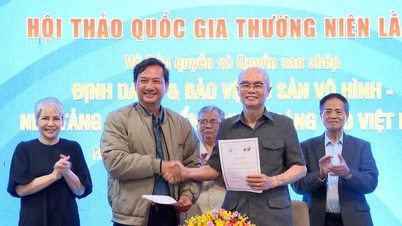

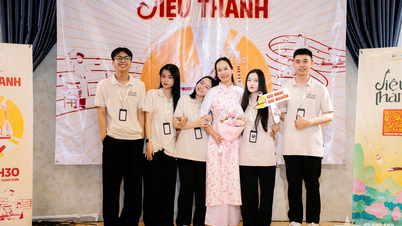

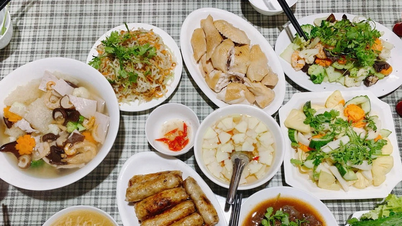








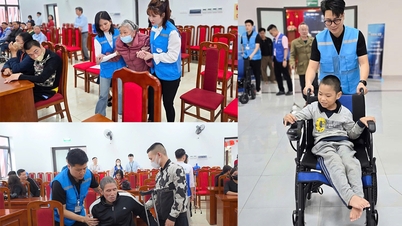











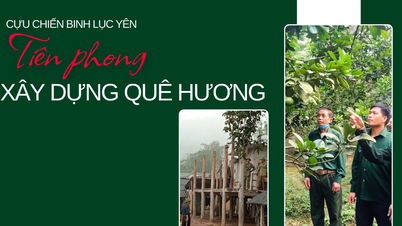

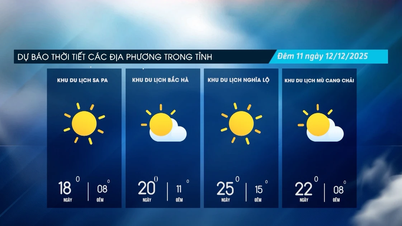

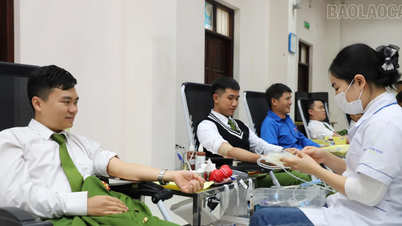






















![[OFFICIAL] MISA GROUP ANNOUNCES ITS PIONEERING BRAND POSITIONING IN BUILDING AGENTIC AI FOR BUSINESSES, HOUSEHOLDS, AND THE GOVERNMENT](https://vphoto.vietnam.vn/thumb/402x226/vietnam/resource/IMAGE/2025/12/11/1765444754256_agentic-ai_postfb-scaled.png)
























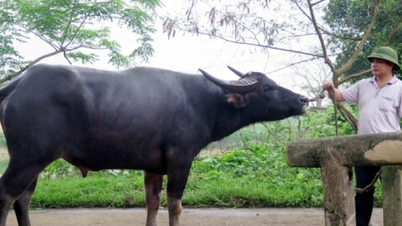


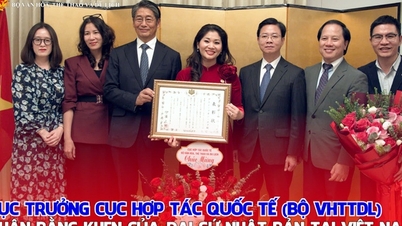


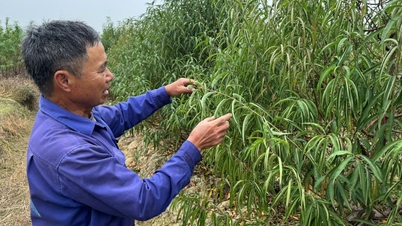



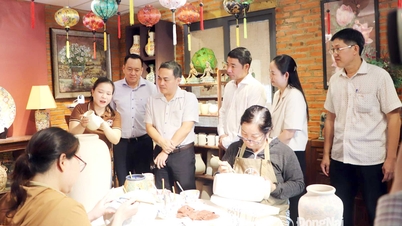









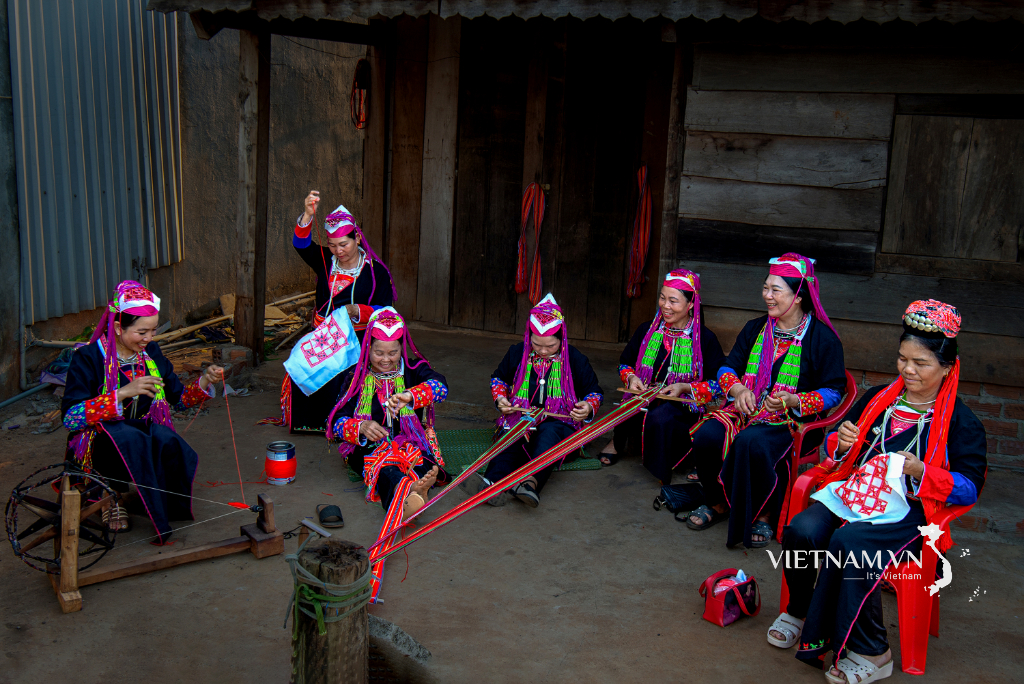


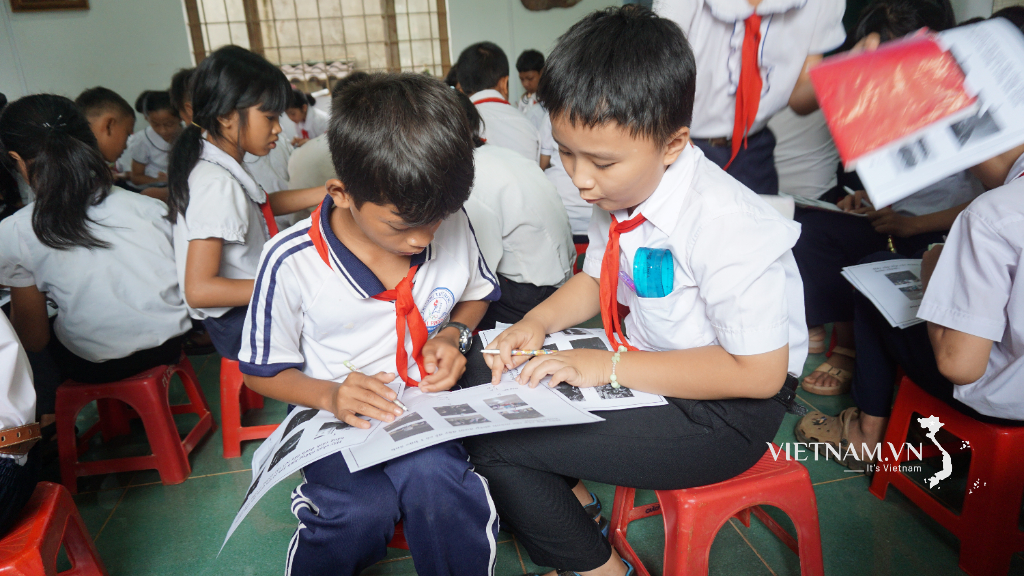
Comment (0)